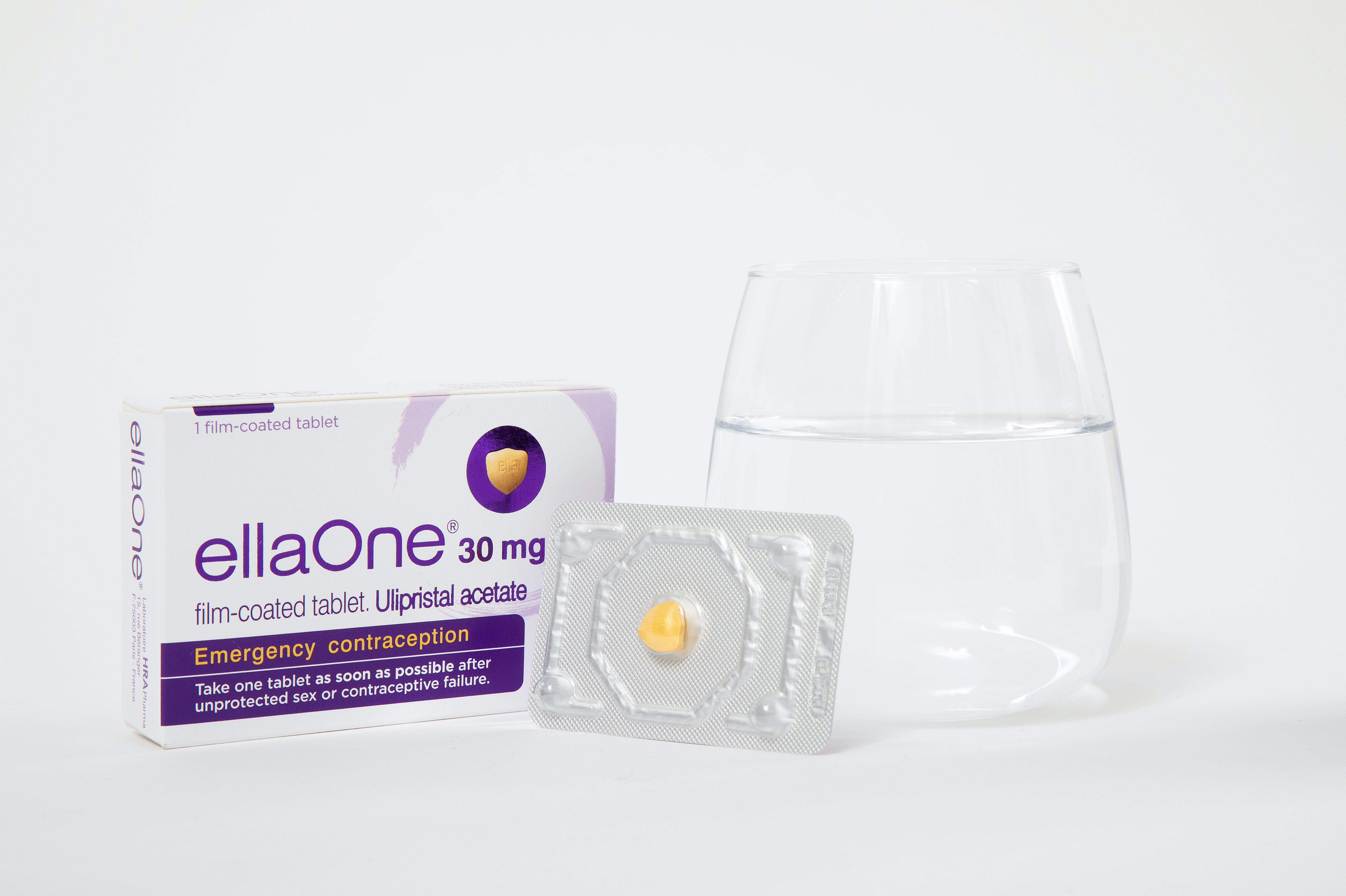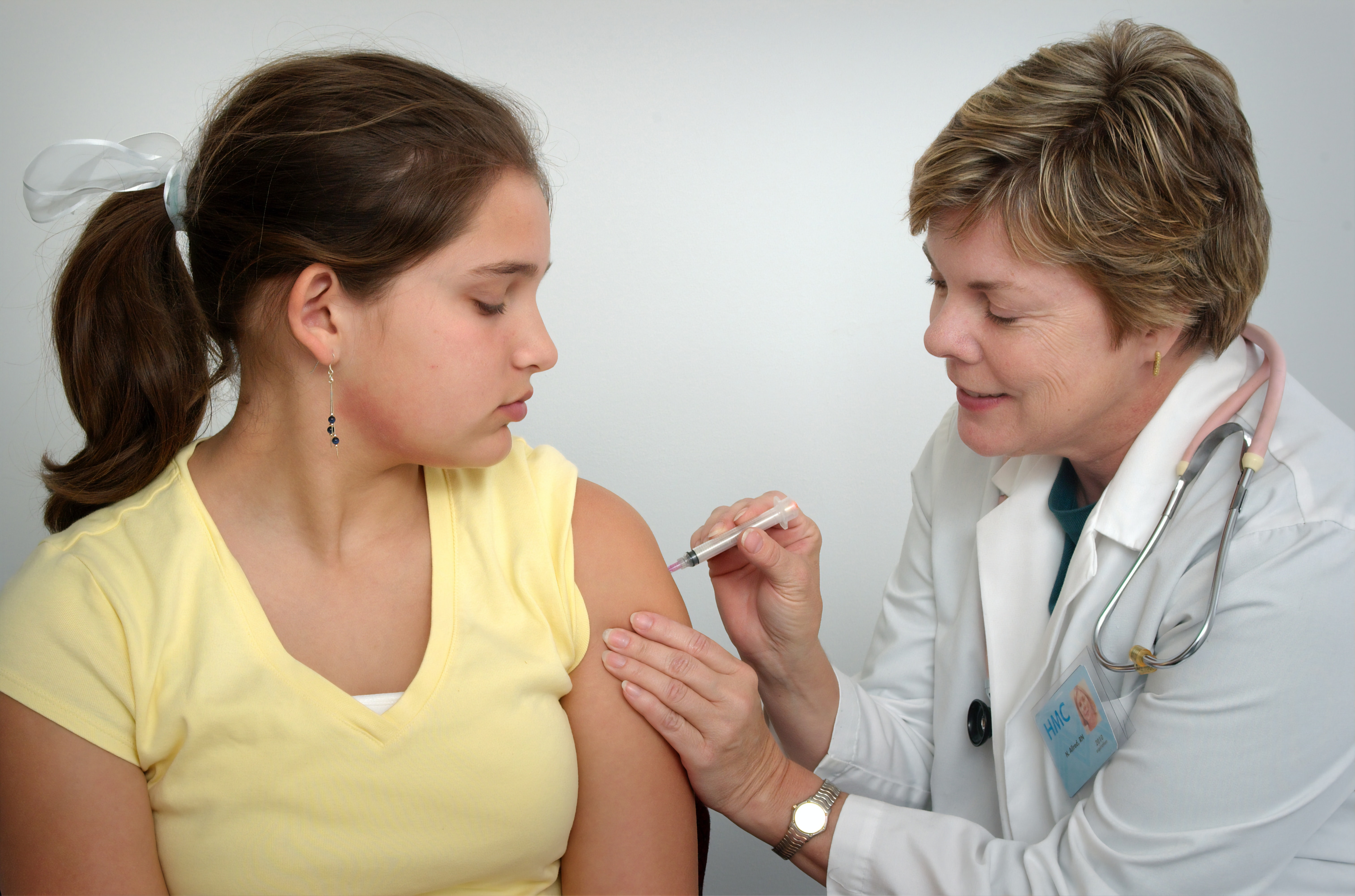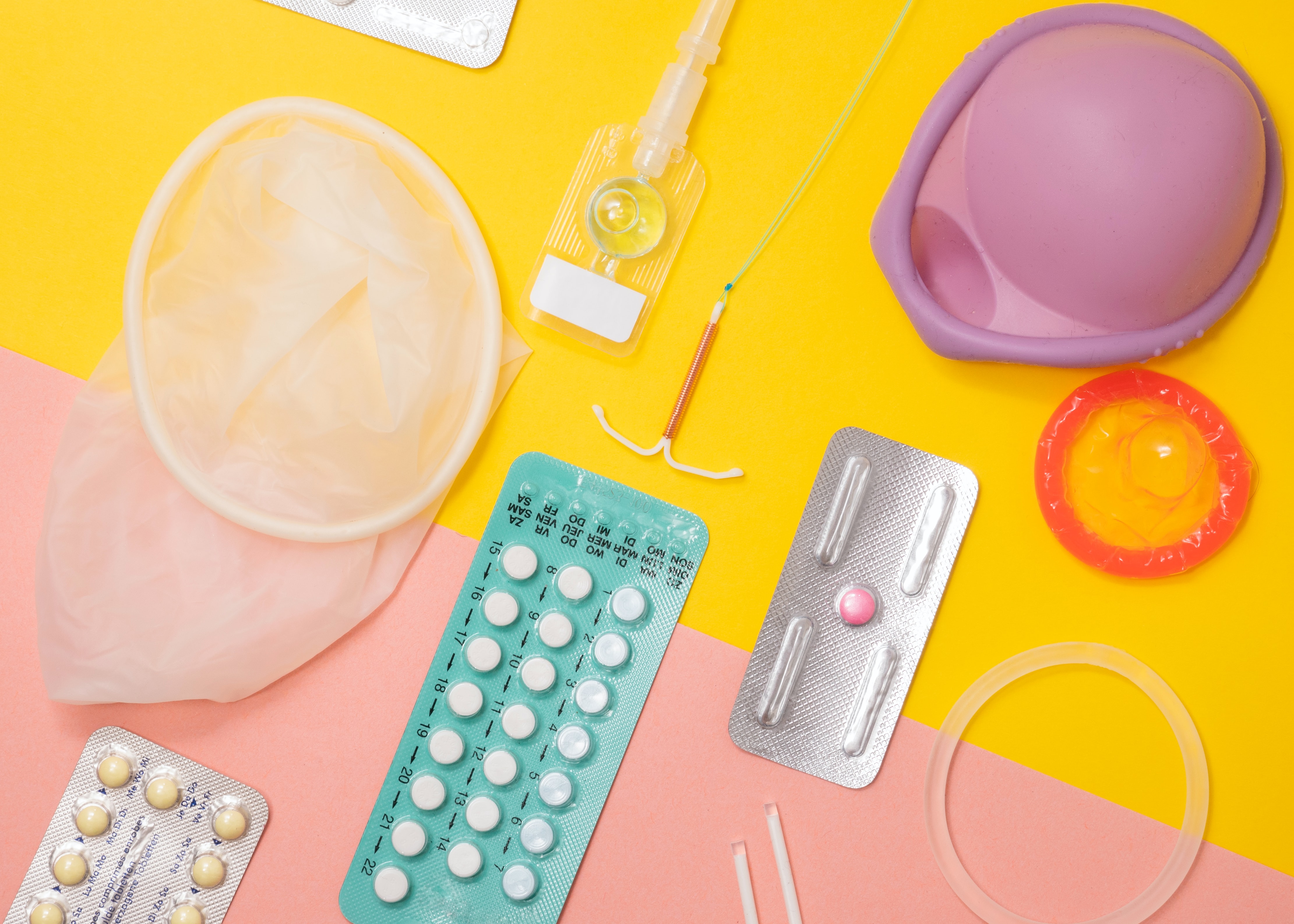Emergency Contraception - Part 2

We have received so many questions regarding emergency contraception. We have compiled the top 10 questions that were often asked about emergency contraception pills and we hope these may help answer some of your burning questions about emergency contraception
1. I took Postinor slightly later (more than 72 hours), will the pill still be effective?
Emergency contraception is most effective when taken as soon as possible after the encounter. Delaying it can cause the medication to be less effective. If you are still within the recommended window period (within 72 hours for Postinor and Escapelle, within 120 hours for Ella), immediately take the pills. Beyond these window period, use of the emergency contraception pills may not longer be effective to prevent pregnancy
2. I have taken the pill, how would I know if I'm pregnant or not? Should I do my urine pregnancy test now?
Emergency contraception work by delaying ovulation. If you haven't already ovulated, the use of emergency contraception will prevent this. When there is no egg for the sperm to fertilise, then pregnancy is prevented. However if you have ovulated in the last 24 hours, then it won't be effective. If you still take emergency contraception during ovulation phase, it won't harm your body but you may still become pregnant. Keep close track of your next menstrual date and if you are late by 1 week or more, perform urine pregnancy test
3. I heard you can use an IUD as an emergency contraception. How does it work?
Yes, you can use an IUD as a form of emergency contraception inserted within 120 hours, but are more effective the sooner after the encounter. The IUD prevent fertilisation by causing a chemical change in sperm and egg before they meet. An IUD is the most effective type of emergency contraception as less than 1% of women who use an IUD as an emergency contraception get pregnant. Once inserted, IUD is a reliable form of contraception with more than 99% effectiveness to prevent pregnancy and can stay in place for up to 5 years
3. After I took the pill, I started to have my menses earlier that my expected menstrual date, is this normal?
Yes, this can happen. Getting your period after taking emergency contraception is a sign that you are not pregnant. Your menses may also come later than the expected menstrual date or lasted slightly longer than usual. If you did not get period later than 1 week of your expected menstrual date or lighter flow than usual, perform urine pregnancy test to exclude pregnancy
4. I don't like to take the daily oral contraception. Is it okay if I take it a few times in a month?
Despite emergency contraception being safe and effective to prevent pregnancy, using it more than two or three times per month is not recommended. If you need to use emergency contraception a few times a month, it maybe best to consider other more reliable form of contraception such as IUD, Depo injection or Implanon. Emergency contraception can be quite expensive as well. Using emergency contraception too frequently cause your cycle to become irregular or you may experience spotting frequently between your cycles. You may also more likely to develop side-effects such as nausea, vomiting, headache and breast tenderness
5. I'm still breastfeeding. Can I still take emergency contraception?
Yes, you can take emergency contraception while breastfeeding, A every small amount of progesterone hormone may pass into your breastmilk. However, its use should not affect your breastmilk production
6. How should I shift to another method of reliable contraception after taking emergency contraception?
Following use of emergency contraception, you can resume or initiate regular contraception immediately or wait until your next menstrual cycle. You may have to use back-up contraception method for the first 7 days depending on the type of contraception of your choice. Discuss this matter with your doctor first. If you are using an IUD as an emergency form of contraception, no additional contraceptive protection is required
7. I took the emergency contraception immediately after I had unprotected sex. But I have another unprotected sex the day after, should I take another one?
You would not be protected and would need a further dose. You are not protected for the rest of that monthly cycle, as the emergency contraception only works by delaying ovulation but does not completely stop it. It is therefore best to start a regular form of contraception after you have taken emergency contraception
8. Can I use emergency contraception as an abortion pill?
Emergency contraception does not induce abortion and it should not be use for this purpose
9. If I vomit after taking emergency contraception, should I take another pill?
If you vomit within 2 hours of taking the pills, the effectiveness of the emergency contraception pill cannot be guaranteed to work. It is best to take another dose immediately
10. Does emergency contraception help prevent sexually transmitted infections?
No. Emergency contraception do not confer any protection against various type of sexually transmitted infections. It is best to always wear condom for protection and do regular STD screening
If you have any other questions about use of emergency contraception or other form of family planning, contact our clinic for more information



